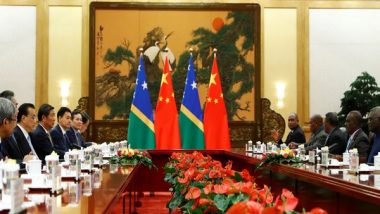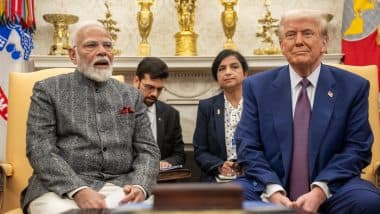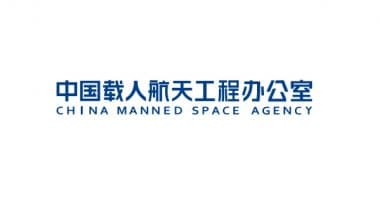Beijing, April 26: China's security agreement with the Solomon Islands is becoming a cause of concern for the US which is worried about Bejing's long-standing policy of opening foreign naval bases with one example being Djibouti on the Horn of Africa where the Chinese entered initially into a security agreement but eventually it evolved into its naval base, reported a Canada-based think tank.
International Forum for Rights and Security (IFFRAS) said that though US is angry about the China-Solomon Islands bilateral agreement, Washington can not take punitive actions like cutting down on aid to the Islands as these actions will move the Islands much closer to the Chinese. China Reports First COVID-19 Deaths in More Than A Year as Cases Surge.
In a bid to woo the Islands, the US is now providing development funds and even vaccines to it. Another matter of concern is the moving closer of China's naval bases to Australia's north-eastern coast.
Even if China does not get a naval base in the Islands, what China needs is the "ability to bring ships and military personnel to the Solomons". Americans suspect though Prime Minister Sogavare has ruled out hosting a Chinese base, the signed pact itself is a matter of "danger" because it will "disrupt regional security, allowing Chinese naval vessels to replenish in the Solomons".
The Solomons switched diplomatic ties from Taiwan to Beijing in 2019, and Sogavare said in a speech at the ceremony that the decision had "placed the country on the right side of history". Apart from US and Australia, New Zealand and Tonga have also raised the issue with the agreement between China and Solomon Islands.
New Zealand and Tonga have said that they will "raise the issue at an upcoming meeting of Pacific Islands Forum leaders". Japan, on the other hand, will send a vice foreign minister to the Solomon Islands this month.
One of the other options that the US has is that it "could also accelerate basing opportunities in north-eastern Australia to monitor Chinese forces or conduct more naval patrols in the region," said Derek Grossman, a senior defence analyst focused on the Indo-Pacific for the RAND Corporation think tank.
(This is an unedited and auto-generated story from Syndicated News feed, LatestLY Staff may not have modified or edited the content body)













 Quickly
Quickly




















